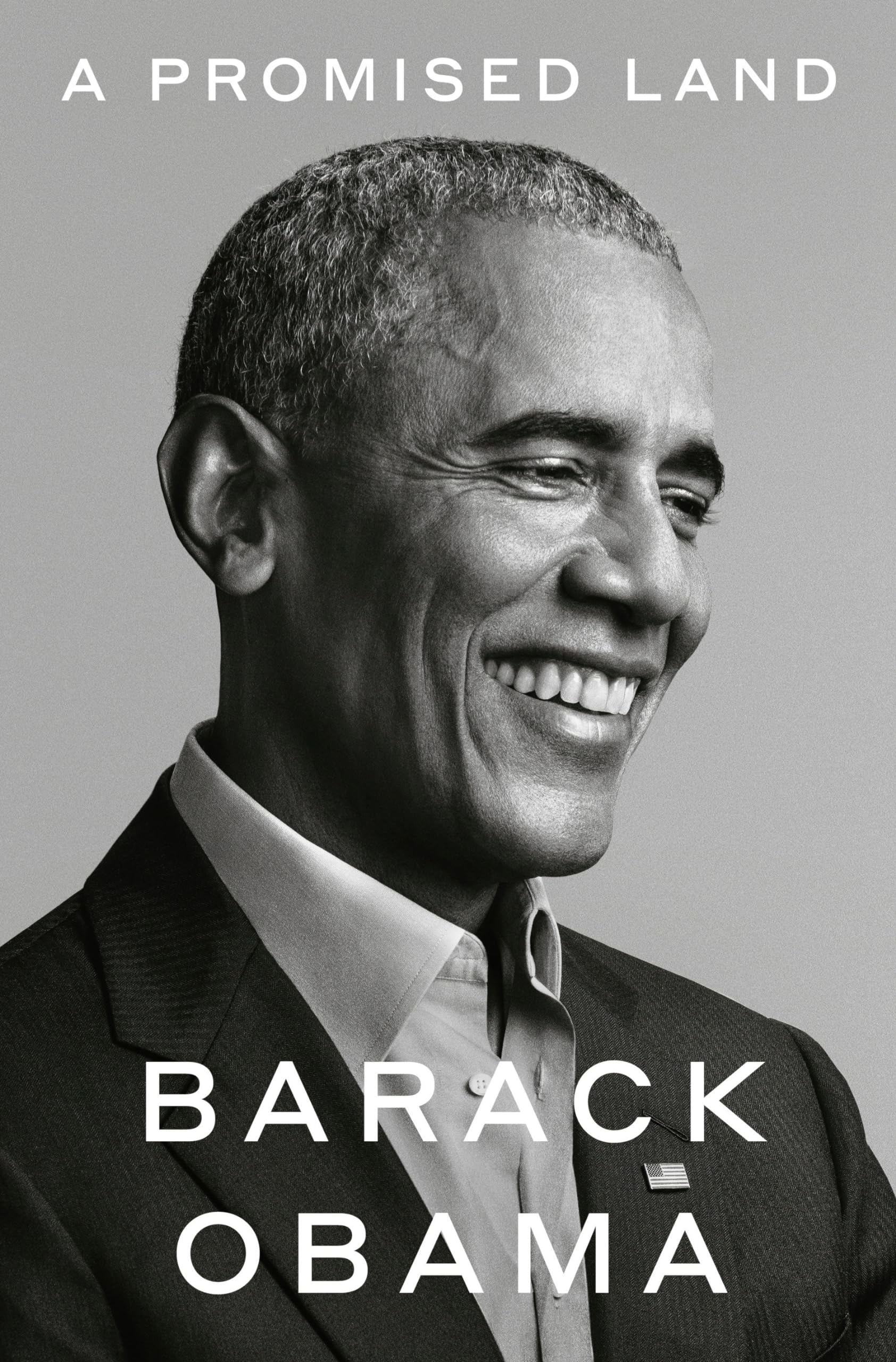CHAPTER 13: National Security and Global Leadership
byOn the eve of his inauguration, President Obama found himself reflecting on the immense responsibility he was about to undertake, a realization that was symbolized by even the smallest of details—like learning how to properly execute a military salute. This moment, much like Chapter 13 of a transformative journey, signified a turning point filled with tradition, respect, and authority, reinforcing the gravity of his new role as commander in chief. Beyond just protocol, the salute represented his duty to the armed forces, a signal of his deep commitment to the men and women who served under the banner of the United States.
As he prepared to transition into office, one of his closest and most reliable advisors, Denis McDonough, played a crucial role in bridging the gap between the incoming administration and the vast network of national security and defense officials. A tireless worker, McDonough embodied the precision and discipline needed to manage the intricacies of the government’s security apparatus while also ensuring smooth communication between the president-elect and intelligence agencies. His involvement underscored the importance of trust and experience in managing the complexities of governance, particularly when navigating foreign policy challenges and national defense.
Obama took time to contemplate the broader significance of national security, recognizing that beyond policies and strategies, real lives were at stake. He considered the historical trajectory of America’s defense system, tracing its evolution from the Cold War era to the modern globalized world. The deeply entrenched ideologies of military strategy still echoed the conflicts of past decades, yet new threats required an adaptive approach that relied not just on brute strength but also on strategic diplomacy and international cooperation.
This led to critical discussions about the ongoing wars in Iraq and Afghanistan, conflicts that had drained national resources and left thousands of American troops in harm’s way. Within the administration, heated debates arose over military interventions, troop surges, and withdrawal timelines, with generals, advisors, and politicians each bringing their perspectives to the table. The challenge was clear—balancing security and stability while avoiding prolonged entanglement in wars that had already cost so much in terms of lives, finances, and global reputation.
Obama’s personal connection to these decisions became even more tangible through his visits to hospitals where he met with wounded soldiers recovering from battle. Each encounter reminded him of the real and painful consequences of war, reinforcing the moral responsibility of ensuring that military actions were not taken lightly. He understood that behind every statistic, there were families, communities, and futures forever altered by decisions made in the Situation Room.
As the world continued to shift, so too did the nature of threats, requiring a recalibration of America’s global presence and its approach to diplomacy. Terrorism, cyber threats, and nuclear proliferation were no longer distant hypotheticals but pressing challenges that demanded careful, calculated responses. Strengthening alliances with NATO, managing delicate negotiations with adversarial nations, and reinforcing international agreements became essential tools in maintaining stability while protecting national interests.
Beyond the battlefield, the chapter also delves into the broader implications of the global financial crisis that had crippled economies worldwide. Obama saw firsthand how interconnected financial markets had become and understood that recovery could not happen in isolation. His administration worked aggressively to forge international agreements that would stabilize financial institutions, protect working-class citizens, and prevent future economic collapses.
At high-stakes global summits, he engaged with world leaders who had their own economic challenges, political constraints, and national priorities, making negotiations difficult and unpredictable. He quickly realized that while America held significant influence, there were limits to its control over global economic trends. The financial crisis underscored the necessity of collaboration, with countries needing to work together to ensure mutual prosperity and prevent another worldwide downturn.
Amid these complex issues, Obama also took time to reflect on the changing landscape of global politics, particularly the rise of nationalism and challenges to democratic values. Conversations with seasoned leaders like Czech dissident-turned-President Václav Havel highlighted the ongoing struggle to preserve democratic institutions in an era of rising authoritarianism. The discussions served as a sobering reminder that while America had its own internal battles over governance, the broader world faced threats to freedom, human rights, and civil liberties that required vigilance and action.
In the final pages of the chapter, Obama grapples with the weight of the presidency, acknowledging that every decision he made would ripple far beyond the White House. Whether in matters of war, diplomacy, or economic recovery, leadership was never about easy choices but about calculated risks that had lasting implications. He understood that being president was not just about setting policies—it was about carrying the responsibility of millions of lives, balancing ideals with pragmatism, and ultimately striving to shape a world that aligned with the values of justice, peace, and prosperity.

